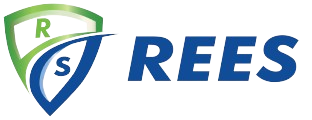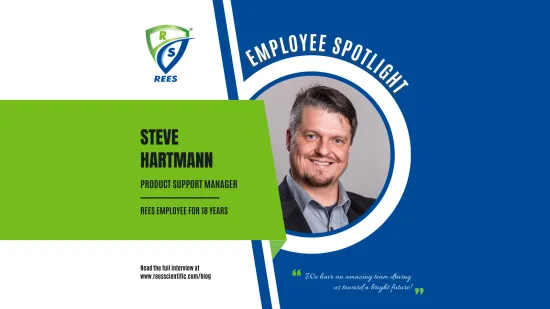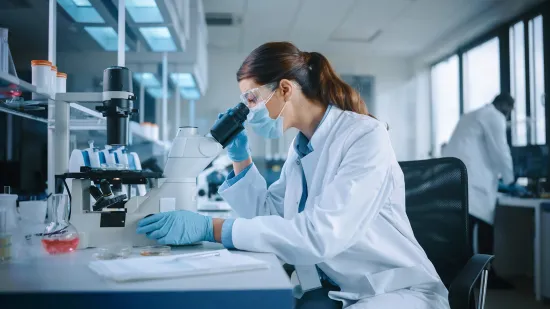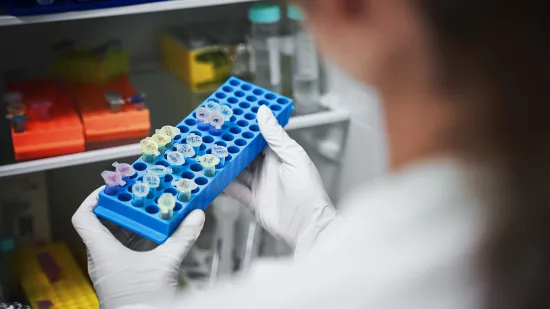Regulatory Compliance
Why ISO/IEC 17025 Accreditation Matters in Today’s Regulated Industries
Author: Gagan Kaur
May 29, 2025
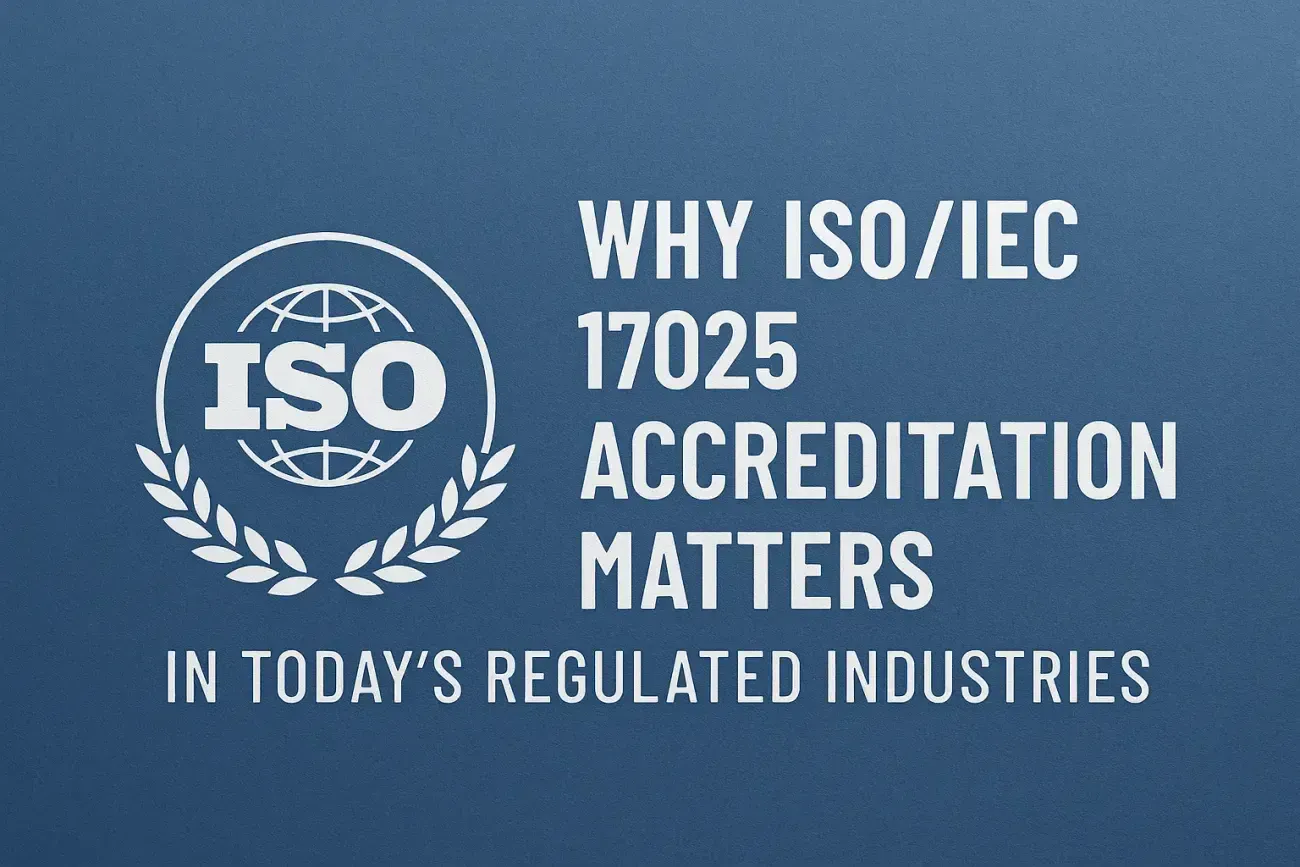
Why ISO/IEC 17025 Accreditation Matters in Today’s Regulated Industries
In regulated industries like pharmaceuticals, biotechnology, and life sciences, trust in data isn’t just a preference, it’s a requirement. As organizations race to meet compliance standards and regulatory demands, they often overlook the critical foundation upon which so many decisions are made: the integrity of calibration and testing. That’s where ISO/IEC 17025 comes in.
What Is ISO/IEC 17025—and Why Is It a Big Deal?
In regulated sectors like pharmaceuticals, biotechnology, and life sciences, the accuracy and reliability of measurement data can be the deciding factor between product release and product recall. From calibrating sensors in stability chambers to conducting temperature mapping in cold storage units, measurement integrity forms the backbone of operational excellence and regulatory compliance..
That’s why ISO/IEC 17025 matters.
ISO/IEC 17025 is the international benchmark for laboratory competence. It establishes stringent requirements for the impartiality, technical capability, and consistency of calibration and testing laboratories. An ISO/IEC 17025-accredited lab has undergone rigorous third-party evaluation, not only of its calibration methods, but also its equipment, personnel qualifications, quality systems, environmental conditions, and measurement traceability.
This isn’t a one-time certification. Accreditation requires ongoing surveillance and must be renewed at least every two years, with full reassessment every five years in most regions. This ensures that labs not only meet the standard once but continue to evolve with emerging technologies and methodologies. In essence, ISO 17025 accreditation answers the critical question:
Can I trust this measurement to stand up to regulatory scrutiny, internal quality systems, and scientific standards?
For organizations working under cGMP, GLP, or other GxP environments, ISO 17025 isn’t a nice-to-have, it’s increasingly
expected. Regulatory agencies like the FDA, EMA, and MHRA may not require it outright in every guideline, but they often look for it as evidence of due diligence and quality oversight. Using a non-accredited lab for critical measurements can raise red flags, slow down audits, or even compromise product integrity.
But ISO 17025 is more than just regulatory shorthand. It directly benefits your organization by:
Ensuring all calibrations are traceable to national or international standards, such as NIST
Establishing a uniform level of confidence across internal QA teams, auditors, and stakeholders
Supporting data integrity and defensibility in validation and qualification activities
Enabling faster, more confident decision-making with measurement results that are consistently reproducible and documented under a validated system
When your calibration data originates from an ISO 17025 accredited lab, you're not just checking a box. You're laying a foundation of scientific credibility and operational confidence. You're demonstrating that the numbers you rely on, from a -80°C freezer to a vaccine storage refrigerator, are backed by objective, verified, and internationally accepted measurement practices.
In a world where accuracy equals accountability, ISO/IEC 17025 is your first line of a
Who Needs to Care About ISO/IEC 17025?
ISO/IEC 17025 applies to any facility that performs calibration or testing activities in regulated or quality-sensitive environments. This includes:
Pharmaceutical and biotechnology companies
Medical device manufacturers
Clinical laboratories
Contract research organizations (CROs) and contract manufacturing organizations (CMOs/CDMOs)
Blood and tissue banks
Environmental monitoring and validation service providers
Hospitals and research institutions with GMP-compliant labs
In short, any organization that relies on accurate, defensible measurement data, especially in FDA, EMA, or WHO regulated operations, should care deeply about whether their calibrations come from an ISO 17025 accredited source.
Why It Matters
1. Confidence in Calibration and Testing
ISO 17025 ensures that data generated by accredited laboratories is reliable, reproducible, and defensible. Whether calibrating a temperature probe for a GMP cleanroom or verifying a humidity sensor in a tissue bank, the accuracy of these results directly influences product quality, patient safety, and regulatory standing.
2. Traceability and Accuracy
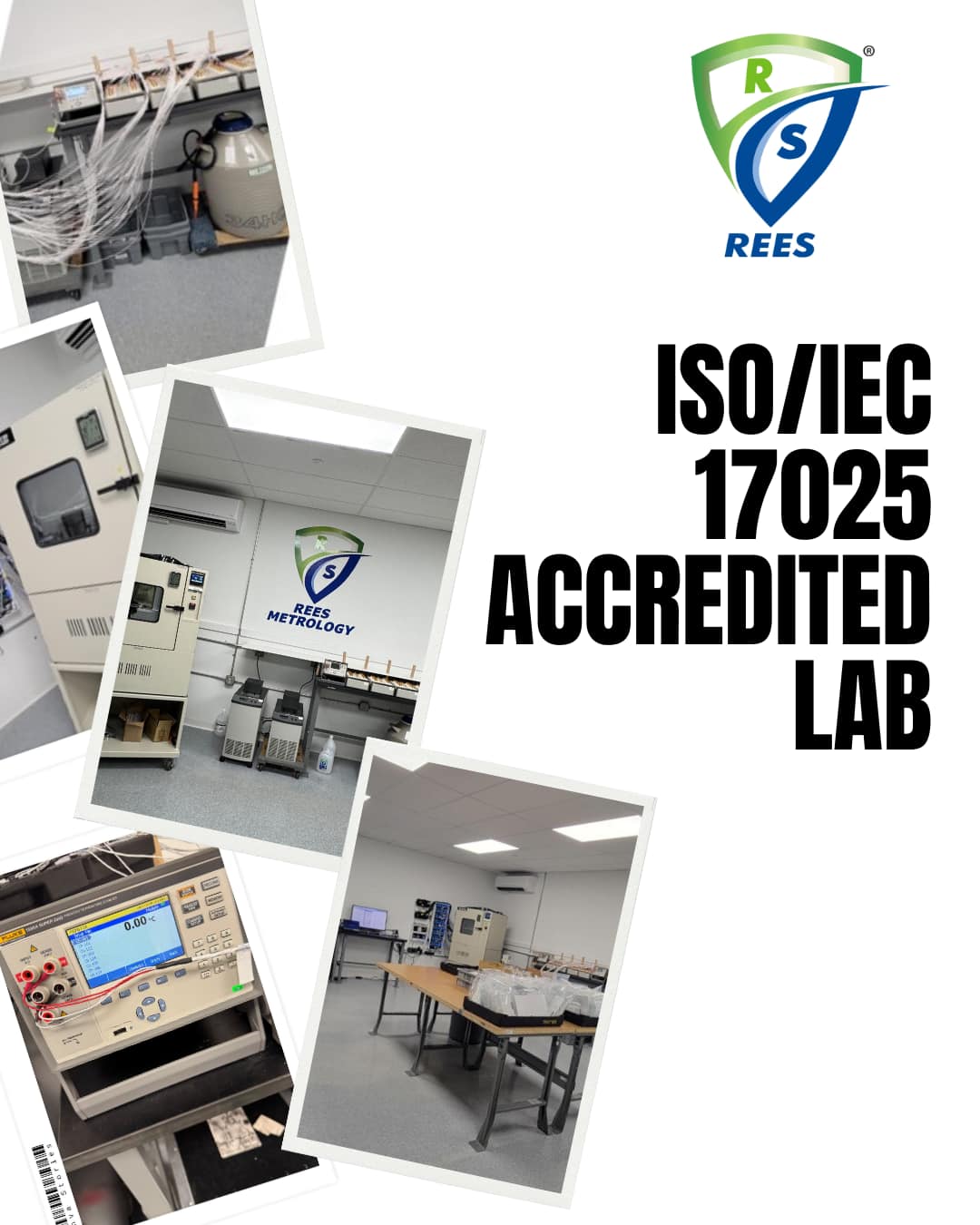
In scientific environments, traceability to national or international standards isn’t optional, it’s essential. ISO 17025 ensures that every calibration and test is anchored in a documented chain of comparisons, enhancing the integrity of data used for decision-making.
3. Regulatory Compliance
Many regulatory bodies, including the FDA, EMA, and WHO, expect or require ISO 17025 accreditation for labs supporting validation, environmental monitoring, and quality control. Using an accredited lab minimizes risk during inspections and reinforces confidence in compliance processes.
4. Demonstrated Technical Competence
ISO 17025 goes beyond just calibration procedures, it assesses technical capability, personnel qualifications, equipment calibration, and quality management systems. Accreditation isn’t awarded lightly; it is earned through rigorous audits and continual oversight.
5. Continuous Improvement
Built into the ISO 17025 framework is a commitment to ongoing evaluation and improvement. This ensures laboratories are not just maintaining their standards but are constantly evolving to meet emerging challenges and technologies.
How Rees Scientific Supports ISO 17025 Standards
At Rees Scientific, we understand that your data is only as good as the tools you trust to gather it. That’s why every sensor we offer is certified through our ISO/IEC 17025, accredited metrology lab. This ensures the precision, reliability, and traceability of the equipment our clients depend on for validation, quality assurance, and regulatory compliance.
Our commitment to ISO 17025 isn’t just about compliance, it’s about delivering confidence to our customers across life sciences, pharma, and biotech. Whether you're preparing for an audit, setting up a new environmental monitoring system, or conducting annual calibration, you can trust that our certified sensors meet the highest global standards.
The Bottom Line
In regulated environments, small deviations can lead to big consequences. ISO/IEC 17025 accreditation is your assurance that the tools monitoring your environment are reliable, traceable, and compliant. And with Rees Scientific, you’re not only getting certified equipment, you’re getting a partner who understands your industry, your pressure points, and your commitment to excellence.
Let’s build a foundation of trust—one sensor at a time. Request an Assessment today!
